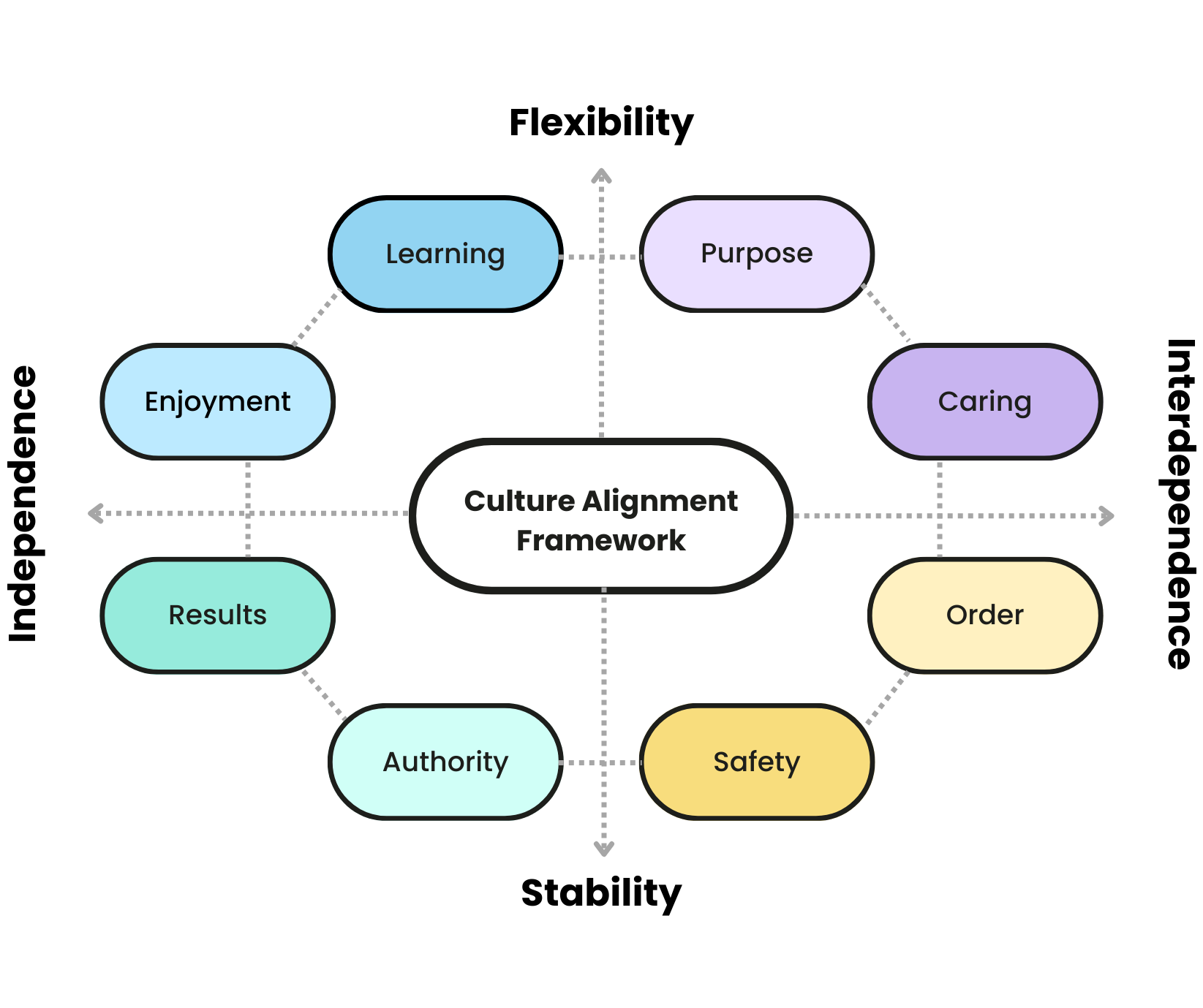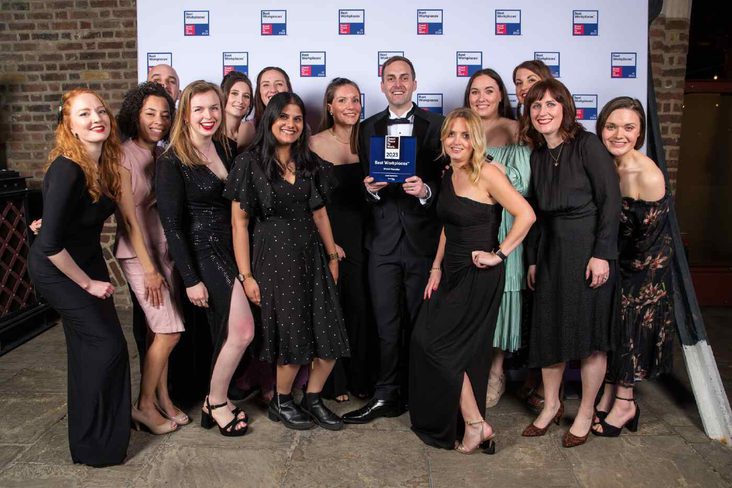Family businesses exist in every industry throughout the private sector, and the cultures of successful companies play a fundamental role in their growth. Small businesses, especially ones that start with just family, will eventually need to bring in new people and the business culture will evolve. Knowing how to plan and adapt to cultural changes in your family business while maintaining founding values will help ensure that growth is smooth and your business will thrive for future generations.
Why are family-run businesses so important?
Most private businesses in the UK are considered family-operated, and there is plenty to prove their enormous contribution to society. The UK has around 5 million family-run companies, making up most of the private sector and playing a vital role in the economy. Family businesses are central to a quarter of the UK's GDP, according to Family Business UK and employ almost 14 million people, which is half of the private sector.
If those figures alone weren't convincing enough, there are also matters of culture, innovation and community that speak to the importance of family businesses. Knowing how to plan for cultural changes using a leadership framework could make your business a shining example of great culture.
Culture, values and staff happiness
The culture created in a family-run business can be a huge benefit and competitive advantage, especially in customer-facing and service-based industries. Small companies known for great cultures can trace this back to the values of the families who run them. Suppose the business has been passed down through multiple generations in a family. In that case, they will exist for more than profit because they have a craft that is dear to them, a history with the community, and a solid reputation to uphold that is vital to the business continuing. As these businesses grow and bring on more people, it is in their best interest to have staff who treat the company and its stakeholders with the same care as the founders and their family.
Small businesses with happy employees attract some of the best talent and keep them; it is common for people to bypass corporate roles and even higher salaries to benefit from a warm workplace. Staff are retained for long periods because of employees' relationships with the people in their workplaces and the communities they serve.
Where a business is owned and run by a family, staff often become an extension of the family as the contribution of their skills has been enriching, especially if they have been part of the business long-term. As new team members enter, existing leadership may consider the alignment of people, operations and culture through the growth period. Fortunately, culture-building models can be beneficial to guide an evolving team through these times.
Using an HR and leadership framework during periods of growth
Cultural alignment within a business is more than documenting values and expecting your team to follow suit. It requires dedication from the top to identify behavioural patterns, understand the leadership styles suited to each role, how people relate to each other regularly, and how this impacts business processes.
Alignment frameworks are developed to streamline processes and support a business strategy on a human level. When applied to your leadership team members, these frameworks can help you map your culture based on the attitudes of key managers towards people and change in your company.
A simple model for complex management styles and attitudes
The Spencer Stuart, 'Cultural Alignment Framework', is worth looking at because it is simple but powerful. Developed in 2018 by leadership consulting firm Spencer Stuart and published in the Harvard Business Review in the same year, it is relatively new in the business world but reflects modern workplaces of all types.
The objective of the Spencer Stuart framework is to improve processes and address the relationship between strategy and culture by analysing the 'two critical dimensions of organisational dynamics'. The first looks at whether leaders have independent or interdependent attitudes towards the people in their organisation, and the second addresses how their attitude to change is weighted between flexibility and stability. Within the model, eight core leadership styles are outlined and placed within the dimensions to simplify identifying an individual's cultural alignment.

In every business, there are roles and functions within roles that will require a little bit of all leadership styles. Still, it is helpful to understand these leadership styles to ensure that people are in suitable positions. For example, it would be reasonable to expect your legal or accounting leadership to have an attitude to change that leans towards stability due to the nature of their duties. By contrast, marketing or PR leadership should be more flexible to changes for the same reason. People can still adapt their own leadership style to their organisation's culture as long as the core values are genuinely shared. Identifying these leadership styles allows companies to position their staff for the best operational efficiency and, most importantly, make their business a great place to work.
The UK economy thrives because of family-owned small and medium-sized businesses; many become much larger over time. Everyone has an experience with a company that they love to support continuously, and in most cases, it goes beyond a great product because they like the people they are dealing with. Whether it be a coffee shop, boutique, agency or professional service, as a customer, we can sense our alignments with specific businesses in our community, which is a sign of a solid internal culture. When your team is growing beyond your family, ensure that the vision and values are maintained with a strategic culture framework so you have the best chance of passing the torch to your children.




